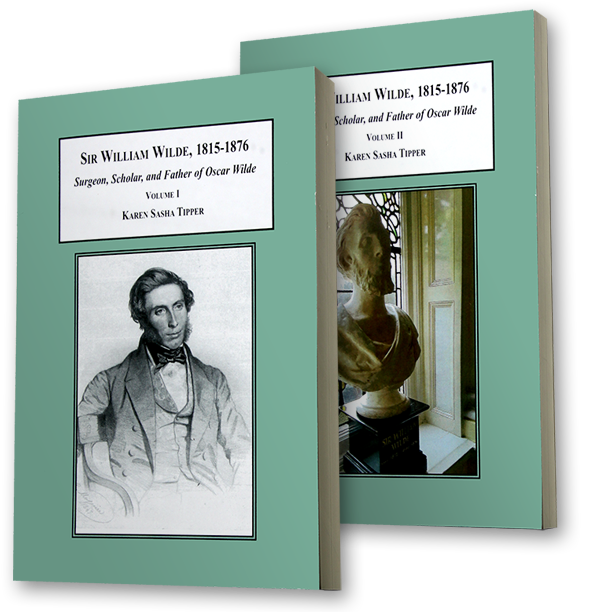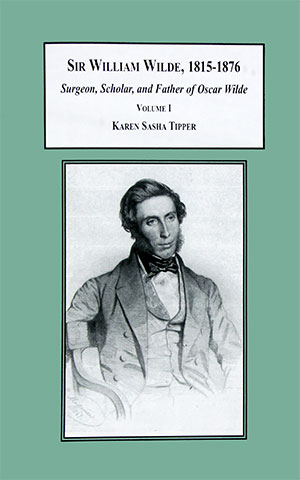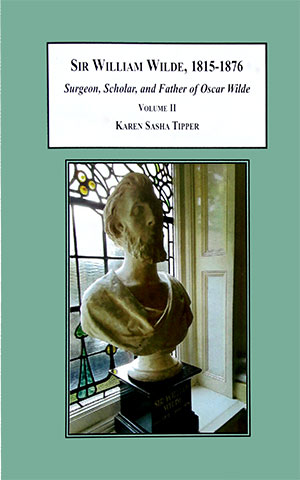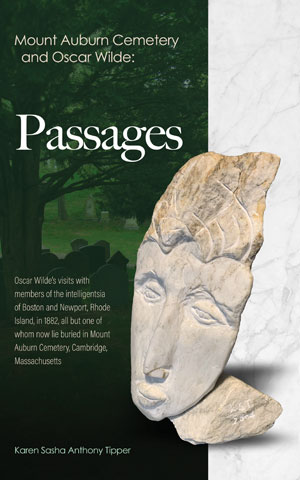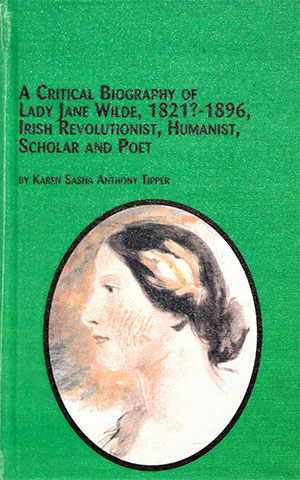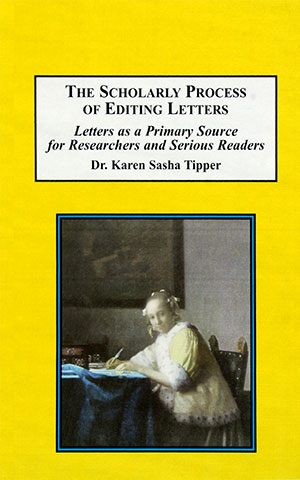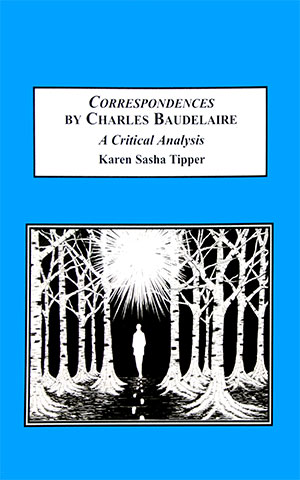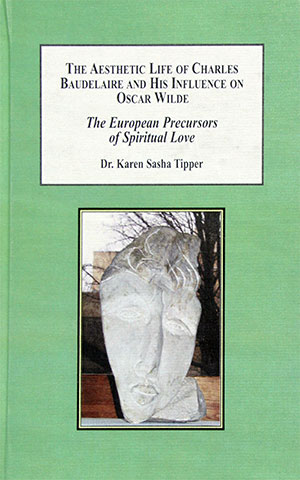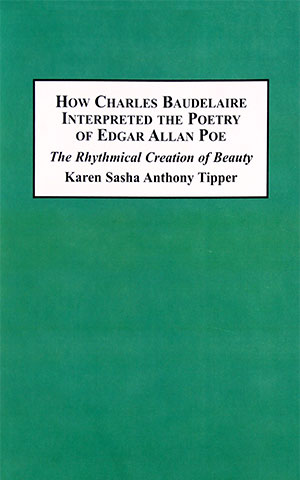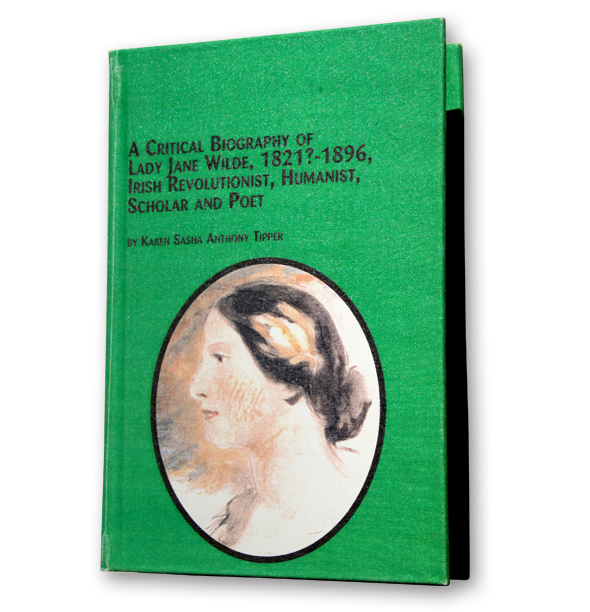Karen Sasha Anthony Tipper
Author and Scholar
Karen Sasha Tipper is the author of numerous scholarly books for academic research, including intellectual biographies of Lady Jane Wilde and William Wilde, a treatise on the process of editing letters, and several volumes on the life and works of Charles Baudelaire.
Tipper was born and raised in London. She attended Tiffin Girls' School, Kingston upon Thames, before emigrating to the United States. In the U.S. she received an AB from Mount Holyoke College, an MA from Washington University, St. Louis, and a Ph. D. from the University of Wisconsin, Madison. She taught for thirty-three years in the English Department at Nichols College in Dudley, Massachusetts, and was chair of the department for twenty.
She has been a Visiting Scholar and a Visiting Fellow at Lucy Cavendish College, Cambridge, and is presently an Associate Member. She was awarded the St. Louis/Mount Holyoke Scholarship, a Ford Fellowship to complete her dissertation, and The Adèle Mellen Prize for distinguished contribution to scholarship for editing Lady Jane Wilde's letters to Fröken Lotten von Kræmer.
